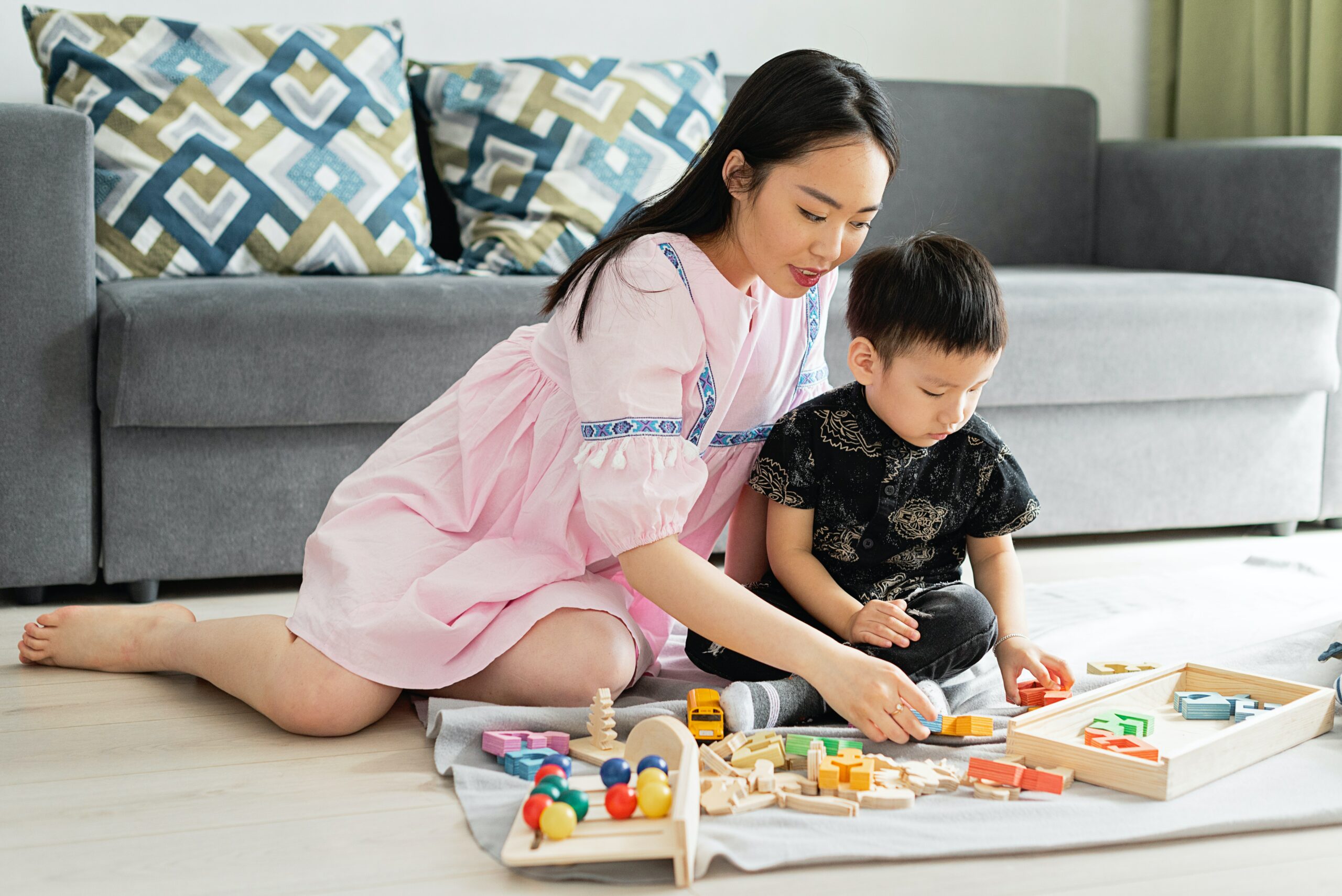Play therapy is a therapeutic approach used to help children, typically between the ages of 3 and 12, express their thoughts, emotions, and experiences through play and creative activities. It is based on the understanding that children may have difficulty expressing themselves verbally, especially when dealing with complex emotions or traumatic experiences. Play therapy provides a safe and supportive environment for children to communicate and process their feelings and experiences.
Key elements and principles of play therapy include:
- Child-Centered Approach: Play therapy is child-centered, meaning that it focuses on the child's needs, interests, and preferences. The therapist follows the child's lead and respects their choices during the play sessions.
- Non-Directive: Play therapists do not direct the child's play but rather observe and engage with the child as they choose their activities. This non-directive approach allows children to express themselves freely.
- Symbolic Communication: Children often use symbols, such as toys, drawings, or role-play, to represent their feelings and experiences. These symbols become a medium through which they communicate.
- Emotional Expression: Play therapy encourages children to express a wide range of emotions, including anger, sadness, fear, and joy, in a safe and non-judgmental space.
- Problem-Solving: Through play, children can work through problems and conflicts, explore different solutions, and develop problem-solving skills.
- Trauma Processing: Play therapy can be particularly effective in helping children process traumatic experiences, as it allows them to revisit and make sense of difficult memories in a less threatening way.
- Attachment and Trust: Building a strong therapeutic relationship and trust between the child and the therapist is crucial. Play therapists create a safe and accepting environment where children feel comfortable sharing their inner world.
- Parent Involvement: In many cases, parents or caregivers are involved in the play therapy process. Therapists may offer guidance to parents on how to support their child's emotional needs at home.
- Variety of Play Materials: Play therapists provide a wide range of play materials, such as toys, art supplies, and games, to accommodate different communication styles and interests.
- Assessment and Evaluation: Play therapists use play-based assessments to gain insight into the child's emotional and psychological state. These assessments help guide the therapeutic process.
- Outcome-Oriented: While play therapy is child-led and non-directive, it is also outcome-oriented. Therapists set therapeutic goals and monitor progress over time.
- Cultural Sensitivity: Play therapists are often trained to be culturally sensitive and considerate of the child's cultural background and context.
Play therapy can be beneficial for children dealing with a wide range of issues, including anxiety, depression, trauma, grief, behavioral challenges, and adjustment difficulties. The goal is to help children develop a better understanding of themselves, improve their emotional regulation, and build coping skills to navigate life's challenges. Play therapy offers a creative and effective way for children to heal and grow emotionally and psychologically.

